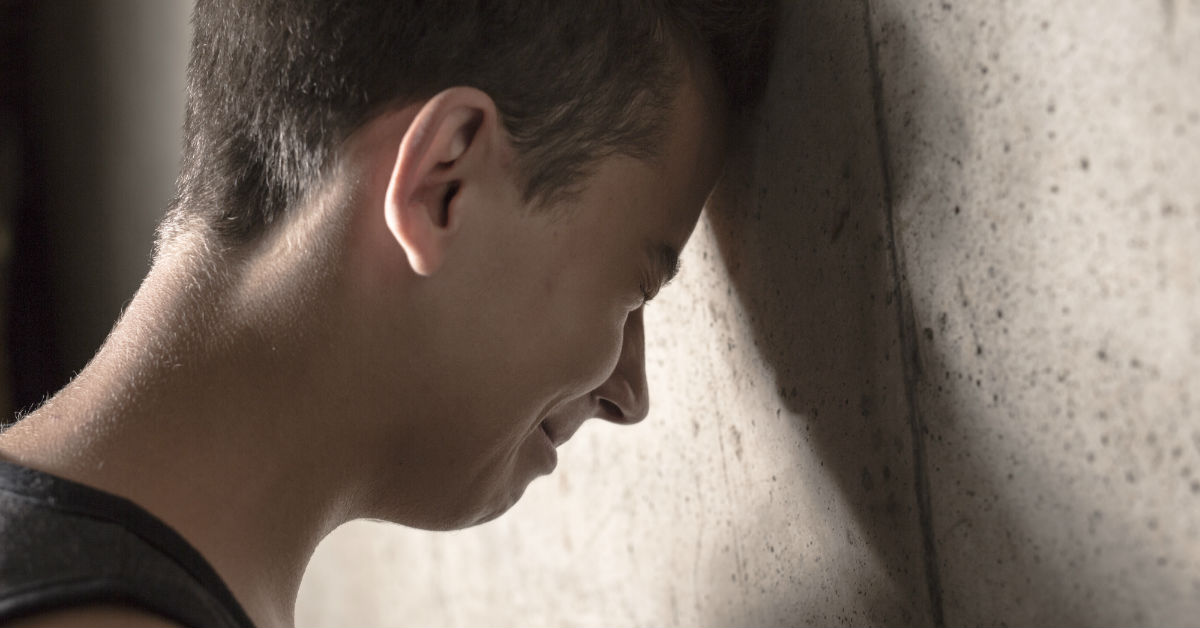Depression has been among one of the most misunderstood issues we have in the mental illness lexicon. This is especially true for teenagers, who often hear that their depression is simple problem caused by hormones, or just a down mood and they should suck it up.
This thinking is dangerous. Suicide is the second leading cause of death among those between the ages of 12 and 21, making it an incredibly deadly problem that can’t be ignored. Severe depression can disrupt someone’s entire life and even changes the way our brains function.
In some cases, therapy and an outpatient medication regimen can help to treat depression in teens. In more serious cases, a residential treatment center may be a better solution.
What Is a Residential Treatment Center?
A residential treatment center is an inpatient program located either in a hospital or a boarding house environment. It is used to treat severe cases of depression and other issues, such as substance abuse, eating disorders and other mental illnesses that have a serious impact on the life of the sufferer.
In a residential treatment center the patient will go to individual and group therapy, have their medications monitored and be given recreation time for different activities that act as a healthy outlet for their emotions.
What Is the Benefit of a Residential Treatment Center?
Unlike outpatient treatments, a residential treatment center has 24/7 care and monitoring by trained medical professionals and vetted personnel. When a teenager has expressed thoughts of suicide or performed acts of self harm, it is a safer environment than a therapy center.
It will also be harder for runaway risks to leave the treatment center. Certain states have laws against allowing minors to check themselves out of a center.
How Much Does a Residential Treatment Center Cost?
A residential treatment center is treated like a hospital stay and so it can become expensive. However, many insurance plans will cover them for different reasons, which your doctor can help you navigate. Some plans will only cover specific centers so be sure to double check.
How Long Is a Stay In a Residential Treatment Center?
This depends on the patient. In some cases, a teenager may only reside at a center for a couple of days. Others could be admitted for months as they work to navigate the complicated and painful issues they are facing.
Residential treatment centers have visitation hours and in some cases may allow for day trips out of the hospital.
Find out more at Help Your Teen Now.











0 Comments